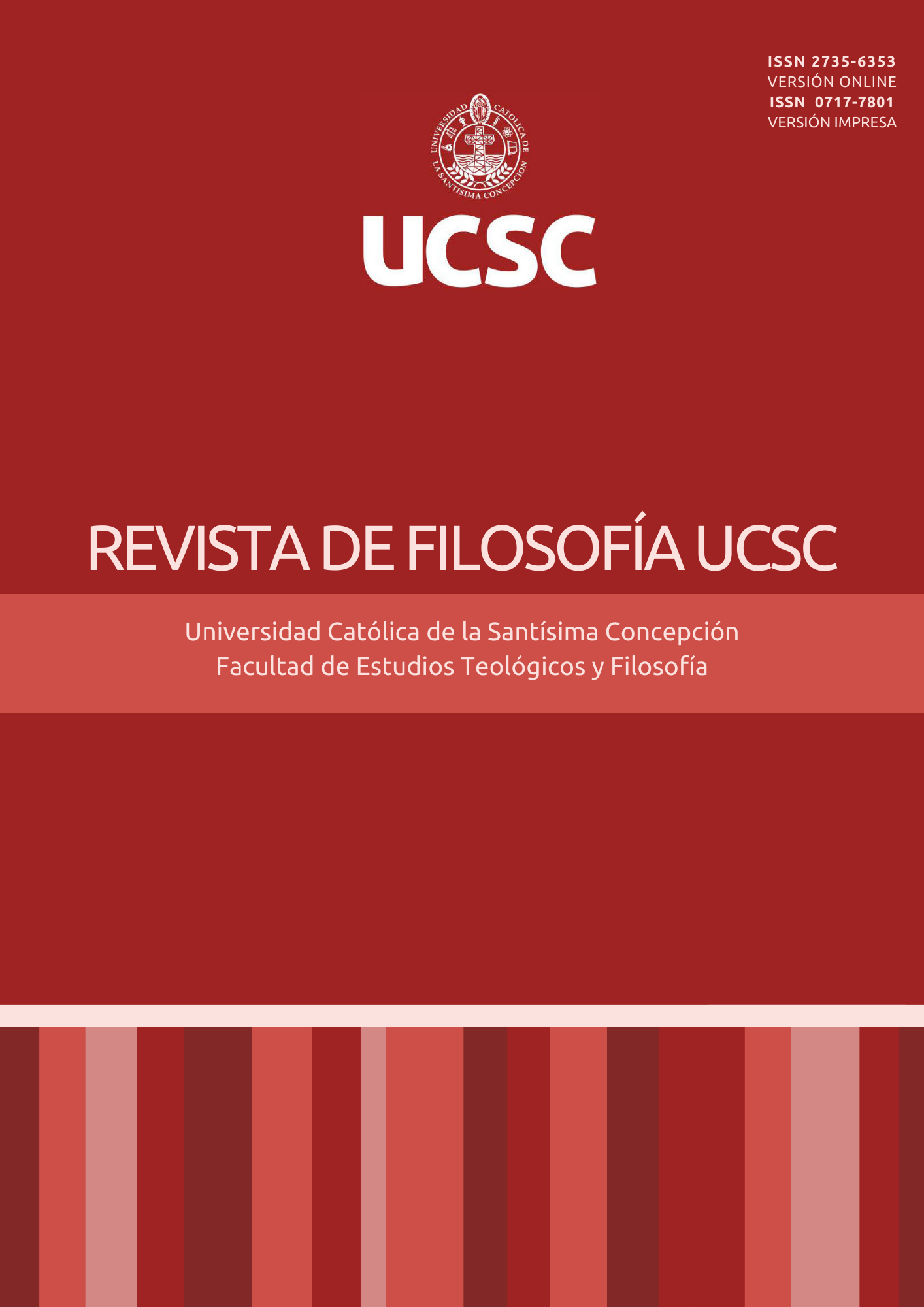On the fourfold root of the hermeneutical concept of application
Main Article Content
Abstract
Hermeneutics has claimed a special concept of understanding. The concept of application - appropriation is the number of this special way of understanding. If "understanding is applying" (Gadamer), it is because the application is the remedy against a strangeness, a distance, a remoteness that has epistemological and existential aspects. In this paper, I trace and analyze the roots of the hermeneutic concept of application, emphasizing its existential practical aspect. What the category of application teaches us is that the very criterion of comprehension, at least for certain expressions (and certain texts) is the effect that it causes in our way of seeing the world (or a portion of it). Concepts such as "salvation" (religious root), "affective and cognitive disposition" (ethical root), "persuasion" (rhetorical root), and "catharsis" (aesthetic root) reveal the need of the subject to appropriate a knowledge that will modify his way of seeing the world, his way of being in it.
Article Details
Section

This work is licensed under a Creative Commons Attribution-NonCommercial 4.0 International License.
The Revista de Filosofía UCSC is an open access journal and does not charge for publication. In addition, it regulates its Copyright and access policy according to the Creative Commons Attribution-NonCommercial 4.0 International Public License (CC BY-NC 4.0), therefore sharing (reproducing and distributing the material in any medium or format) and adaptation (modifying, transforming, and creating from the material) is allowed as long as proper credit is given and the citation is included with the corresponding data. Moreover, it is not allowed to use the material for commercial purposes.
How to Cite
References
Gadamer H-G., (1998), Estética y Hermenéutica. (Trad. Gomez Ramos). Madrid. Tecnos.
Gadamer H-G. (2003), Verdad y Método I. (Trad. Aparicio - Agapito). Salamanca. Sígueme.
Gadamer H.G. (1998b), Verdad y Método II. (Trad. Aparicio - Agapito). Barcelona. Sígueme.
Camus A. (2007), El Hombre Rebelde. (Trad. Echávarri). Buenos Aires, Losada.
Camus A. (1996), El Verano. (no figura traductor). Madrid. Alianza.
Camus A. (1966), Carnets II. (Trad. Lencera). Buenos Aires. Losada.
Ricoeur P. (2003), El Conflicto de las Interpretaciones. (Trad. Falcón). Buenos Aires. FCE.
Ricoeur P. (2004b), Tiempo y Narración I. (Trad. Neira). México. SXXI.
Ricoeur P. (2009), Tiempo y Narración III. (Trad. Neira). Madrid. SXXI.
Ricoeur P. (2006), Teoría de la Interpretación. (Trad. Moges Nicolau).México. SXXI.
Borges J.L. (1989), Obras Completas III. Barcelona. EMECÉ.
Borges J.L. (1996), Obras Completas II. Barcelona. EMECÉ.
Gilson E. (1996), El Ser y los Filósofos. (Trad. Fernández Burillo). Navarra. EUNSA.
Pascal B. (1993), Pensamientos. (Ed. Lafuma). (Trad. Llansó).Barcelona. Altaya.
Rambach J.J. (1738),Erläuterungen über seine eigene Institutiones hermeneuticae sacrae aus der eigener Handschrift des seligen Verfasses. De E.F Neubauer, Giessen.
Ferrari M. (2005), Historia de la hermenéutica. (Trad. Perea Cortés). México. SXXI.
Arendt H. (1984), La vida del espíritu. Madrid. (Trad. Montoro Romero - Vallespín Oña). Centro de Estudios Constitucionales.
Arendt H. (1997), La promesa de la política. (Trad. Cañas). Barcelona. Paidós.
Aristóteles, (1998), Ética a Nicómaco y Ética a Eudemo. (Trad. Pallí Bonet). Madrid. Gredos.
Aristóteles, (2002), Retórica. (Trad. Bernabé). Madrid. Alianza.
Murphy J.J (ed.), (1989), Sinópsis histórica de la retórica clásica. (no figura traductor). Madrid. Gredos.
Cicerón M.T. (1988), Orator. Se utiliza la edición bilingüe editada por B. Kytzler, Darmstad, WBG.
Nussbaum M. (2003), La terapia del deseo. (Trad. Candel). Barcelona. Paidós.
Unamuno M. (1983), Del sentimiento trágico de la vida. Madrid. Sarpe.
Jaeger W. (1967), Paideia: los ideales de la cultura griega. (Trad. Xirau). México. FCE.
Entralgo P.L. (1958), La curación por la palabra en la Grecia antigua. Madrid. Revista de Occidente.
Hegel F. (1955), Aesthetik, Hrsg. V.F. Bassenge. Berlín. Aufbau Verlag.
Kierkegaard S. (2009), Postscriptum no científico y definitivo a Migajas Filosóficas. (Trad. Bravo Jordán). México. Iberoamericana.
Jauss H.R. (1982), Aesthetic Experience and Literary Hermeneutics. (Trad. Shaw). Minnesota. University of Minnesota Press.




